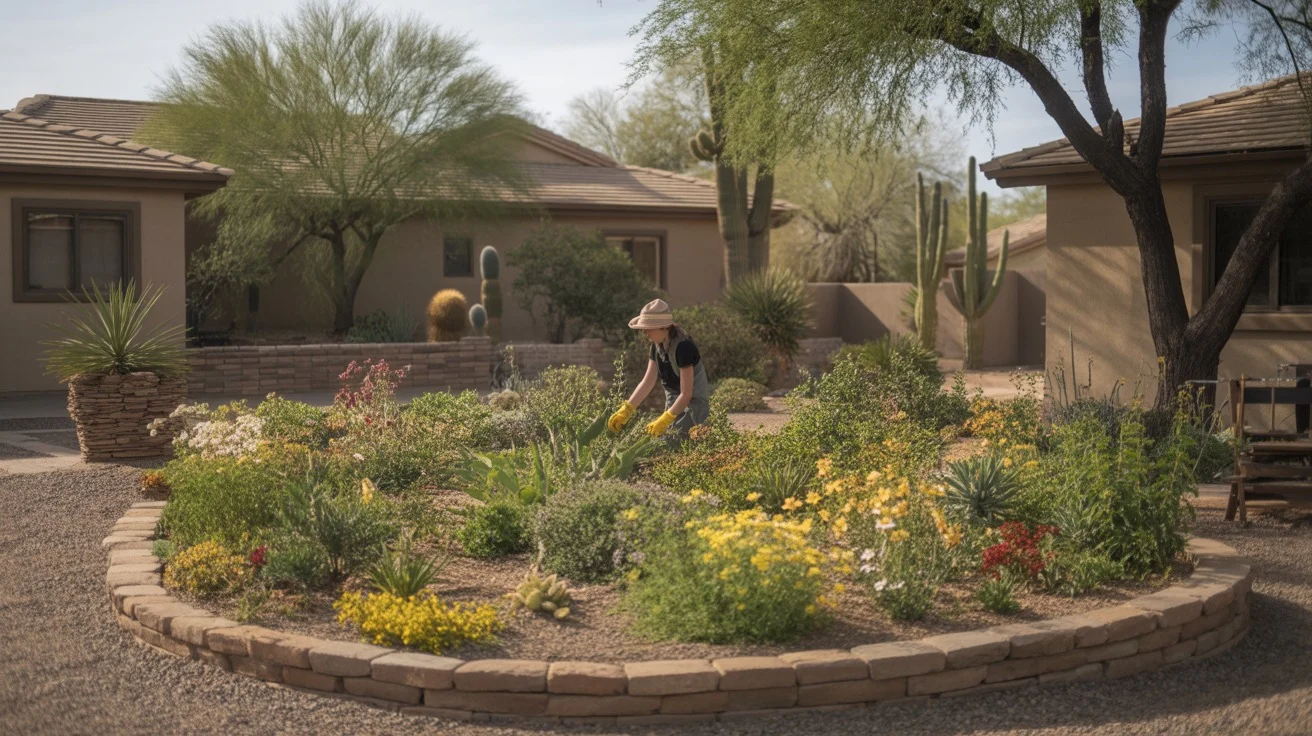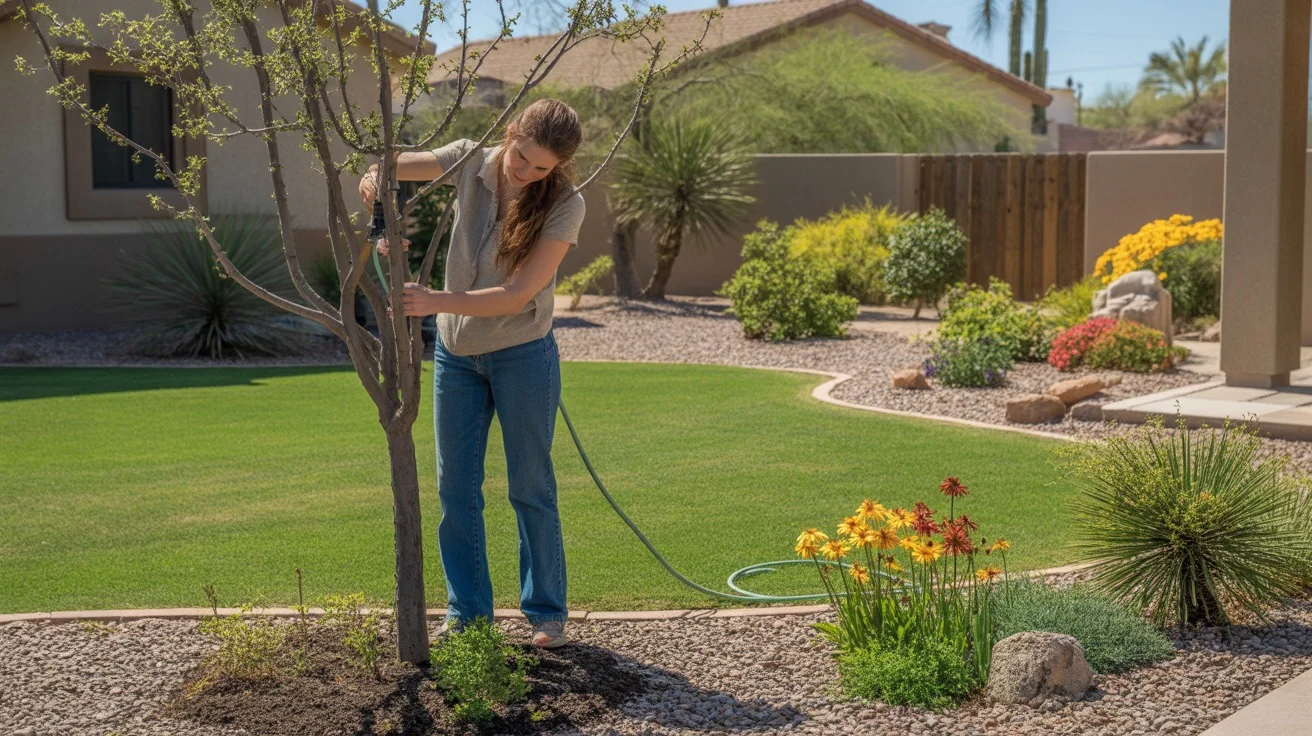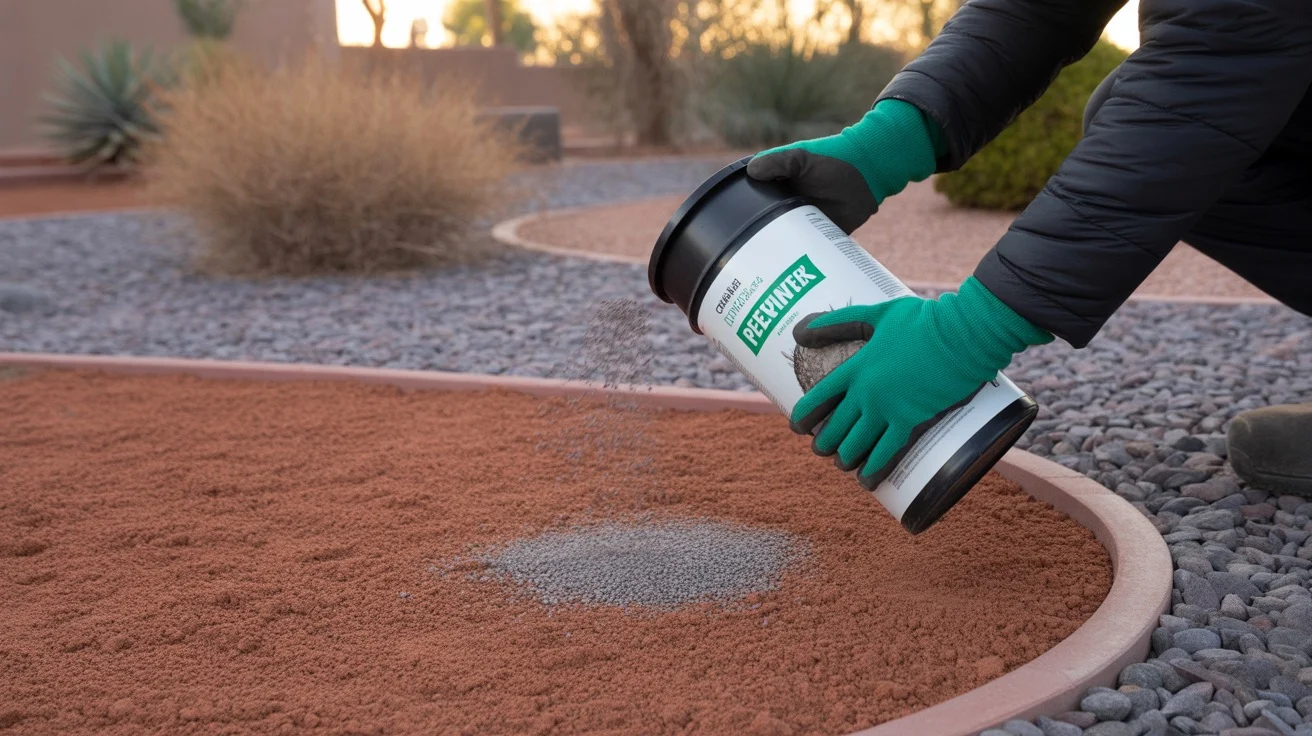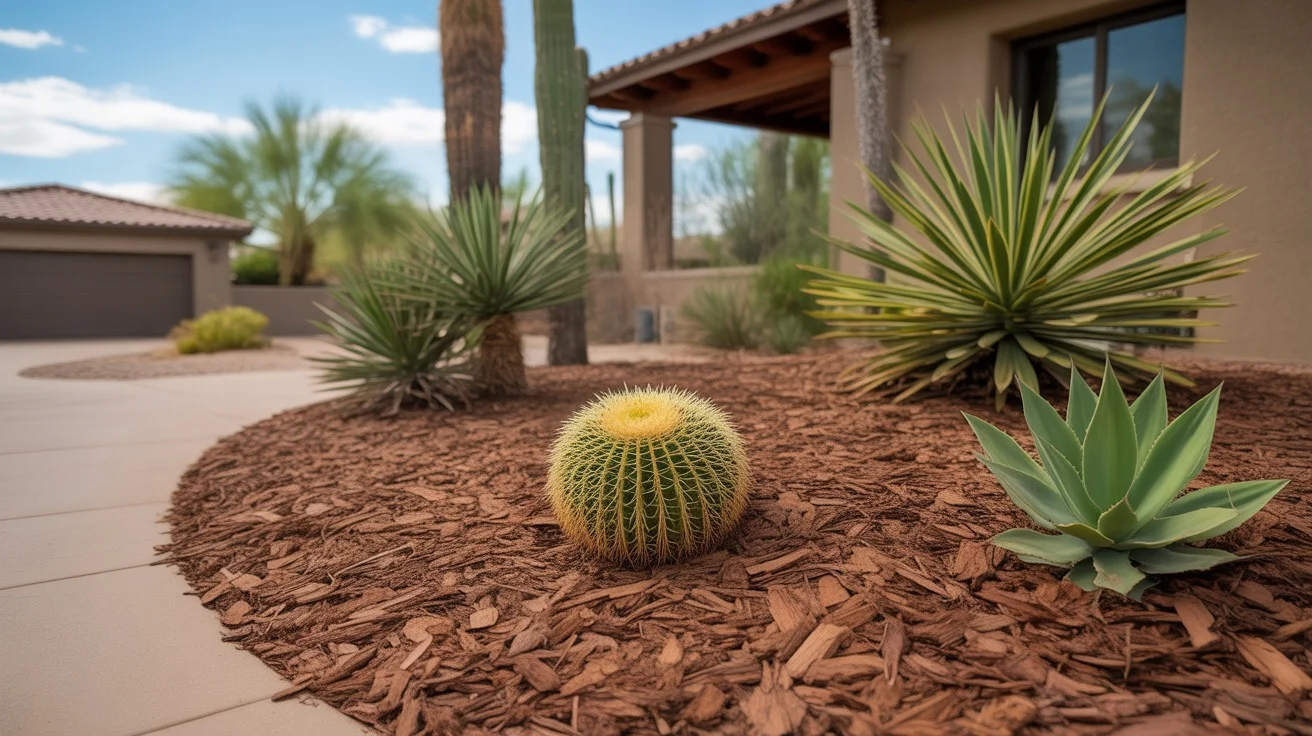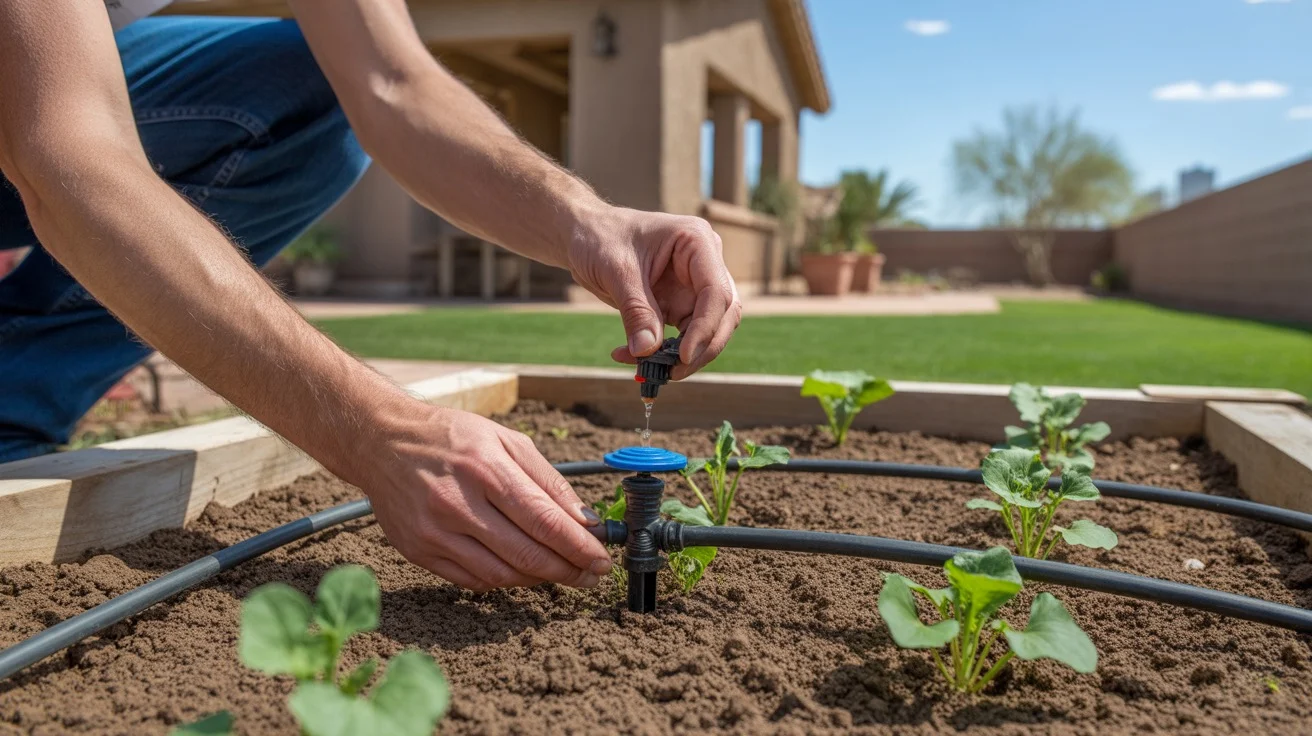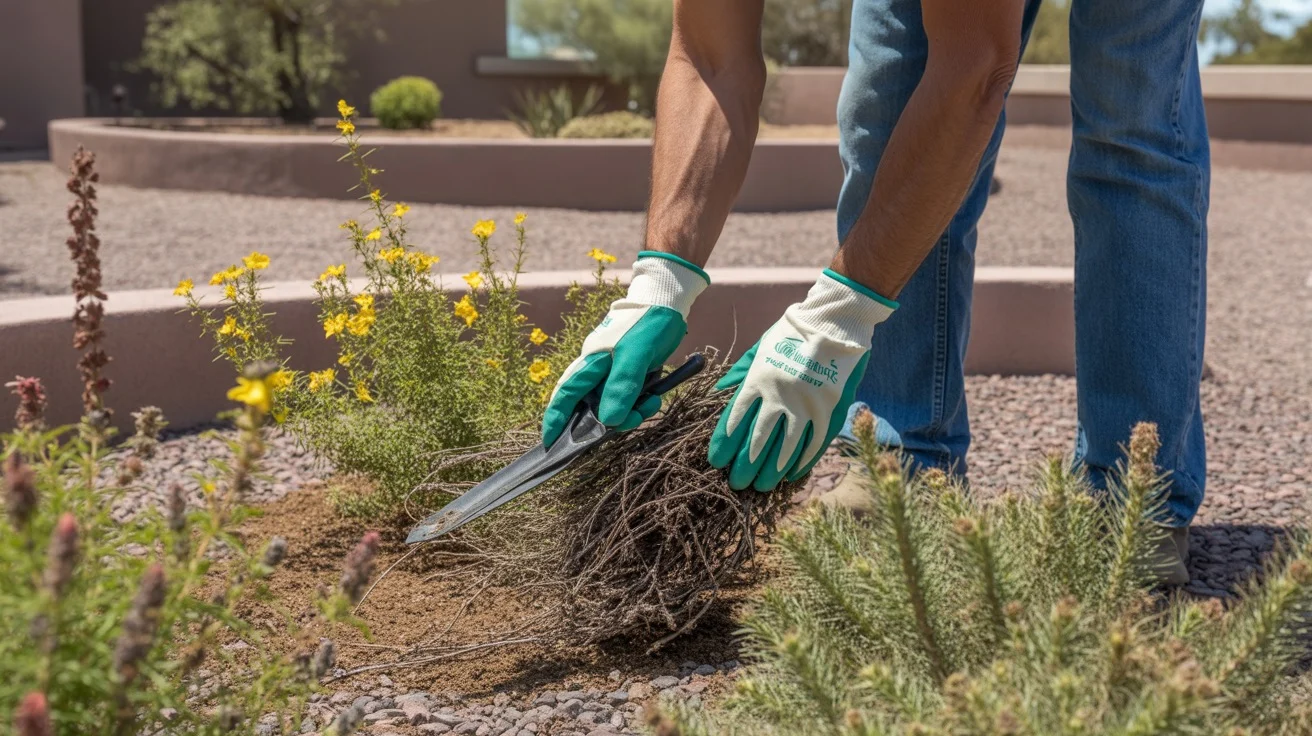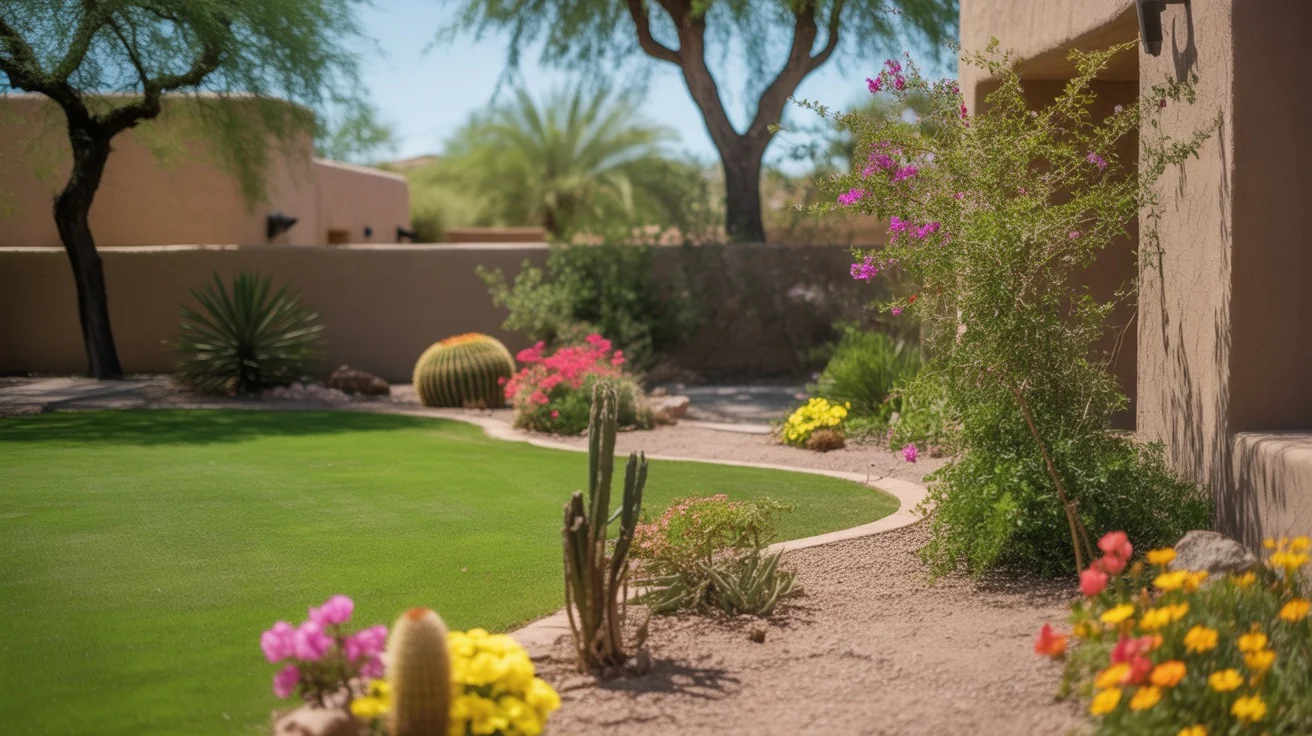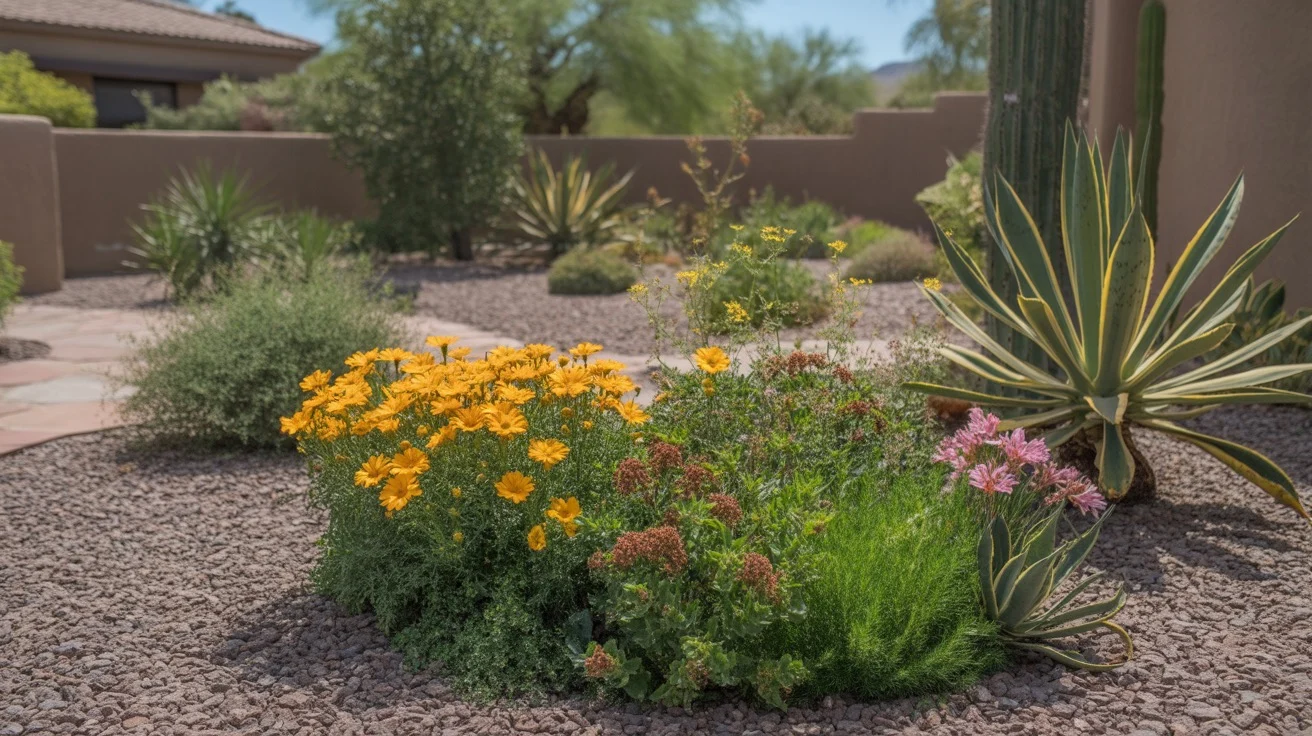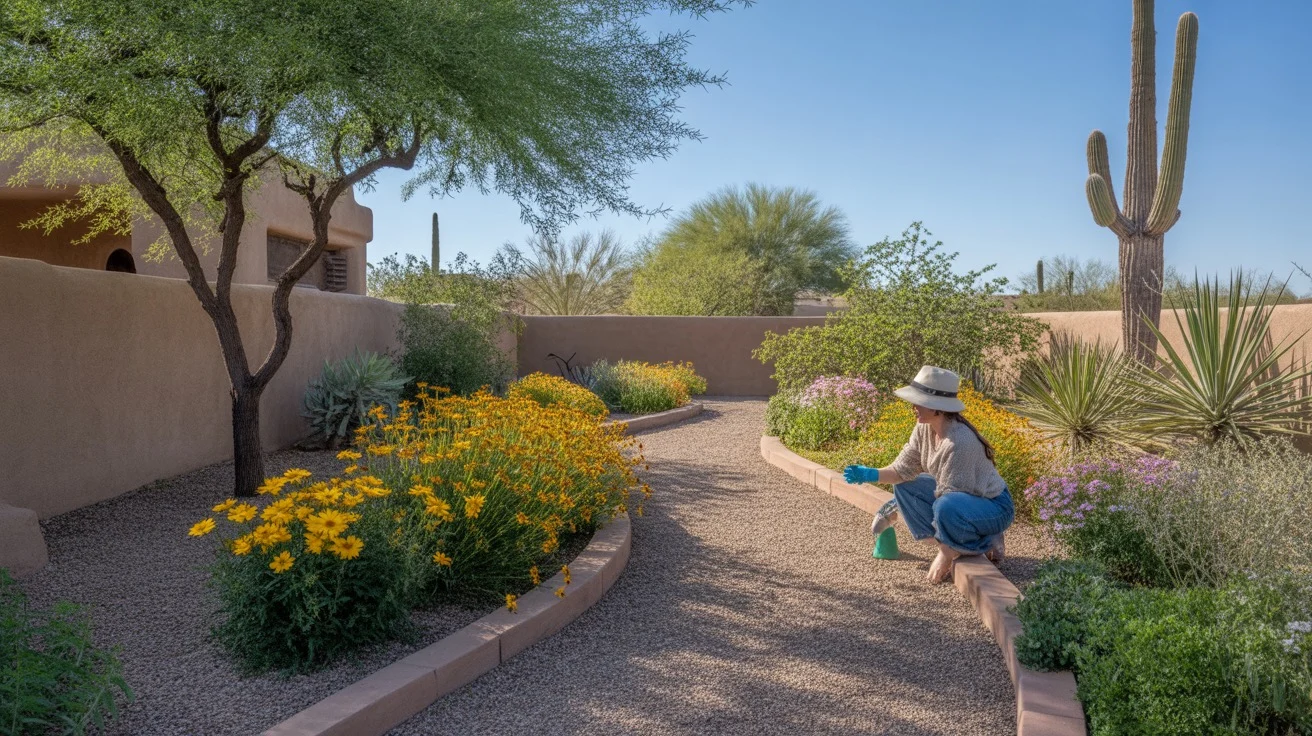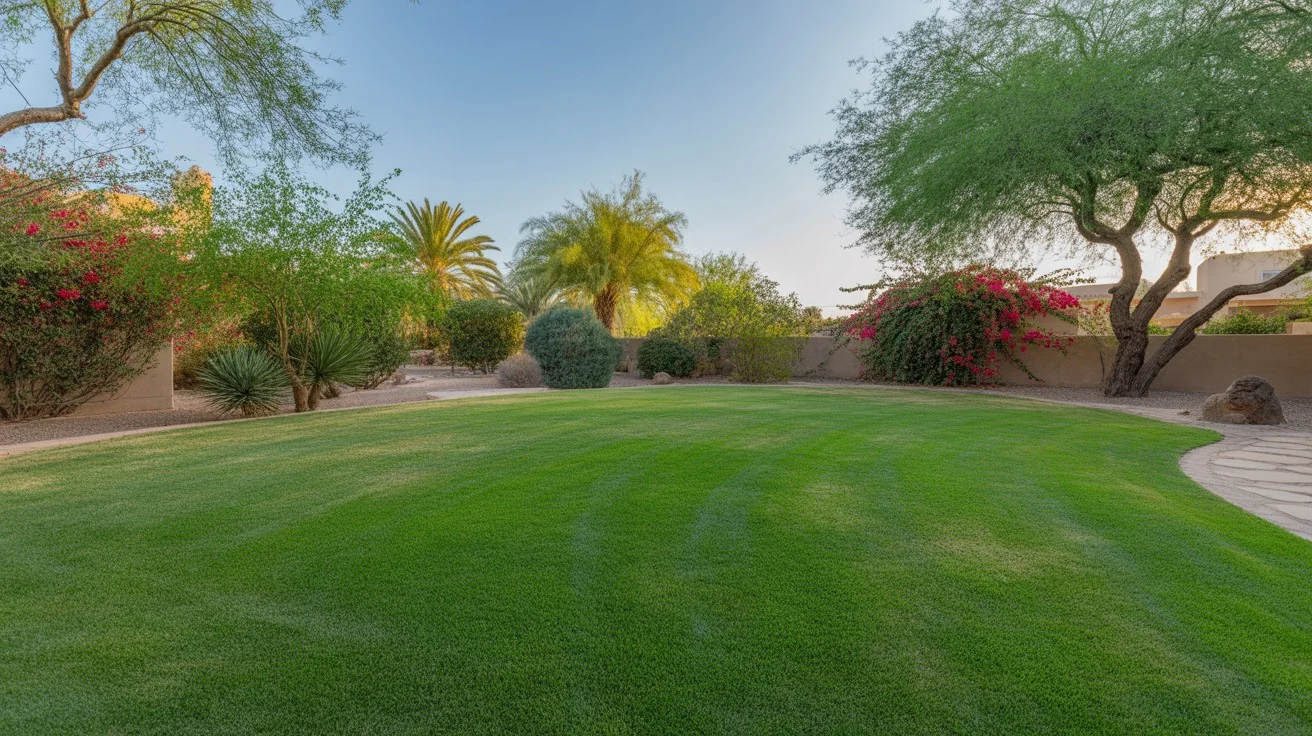Blooming Marvels: A Symphony of Spring Gardening in Chandler
As the gentle warmth of spring graces Chandler, it’s time to awaken your garden from its winter slumber. With thoughtful planning and a touch of tender care, you can transform your yard into a captivating oasis that sings with vibrant blooms and lush foliage. Embark on a delightful journey of spring gardening in Chandler, where … Read more

